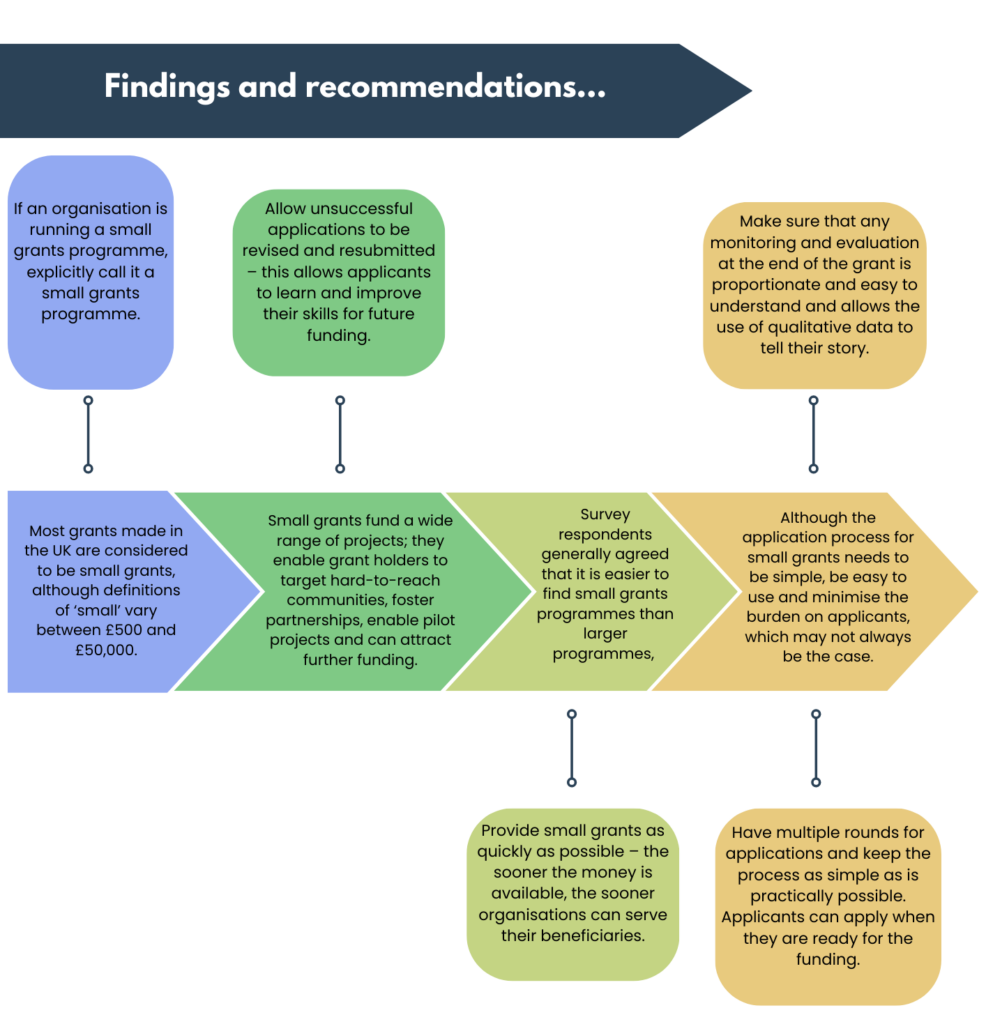The Rhondda Hub for Veterans – Housing as the Pathway Back
The Rhondda Hub for Veterans were awarded £10,000 in October 2022 under the Force for Change programme for their Housing as the Pathway Back project.
Read MoreThis year’s Annual Report is available to read in full, and download, at the link below.
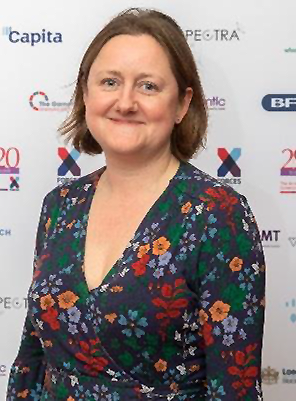
This has been another busy year across the Trust, where we have delivered significant programmes through five distinct Funds that are driving change and improvement to the lives of people within our Armed Forces communities. Working in collaboration with government, our grant holders and the wider Armed Forces charitable sector, we have supported sustainable, long-term change.
Working for the first time with the Children’s and Families’ team within the MOD, we have delivered over £3.5 million to projects that meet the aims of their Families’ Strategy. This includes grants supporting Service children in education grants towards developing high quality outdoor learning environments for the youngest children, and grants towards finding new ways to offer better support to the partners of our serving personnel.

We have continued to work with the Office for Veterans’ Affairs, managing the 51 grants awarded in 2021/22 under the Afghanistan Veterans’ Fund. The Afghanistan Veterans’ Fund sought to increase capacity in services and initiatives that offer supportive comradeship, engagement and wellbeing efforts for those in the Armed Forces community impacted by events in Afghanistan, and the wider Veterans’ community. These grants are delivering projects designed to improve wellbeing, resilience and promote good mental health. They respond to increased needs in veterans who have served in Afghanistan and other recent conflicts, and the wider Veterans’ community, and are reaching a significant number of veterans and importantly their families and carers too.
Over the past three years we have worked with Royal NAAFI to establish the NAAFI Fund, funding projects supporting our Armed Forces personnel located across the globe. We are delighted to have helped to develop the NAAFI Fund, which from April 2023 will be delivered directly by our colleagues at Royal NAAFI. Between March 2021 and August 2022, we made 250 awards worth more than £2.7 million. This year the NAAFI Fund has awarded 80 grants, with 30 awarded to overseas projects, which have had a focus on being healthier and active off duty and during time with families. More than ever, there is an increased desire for sociable outside spaces with Armed Forces bases and units wanting to create, refurbish and improve.
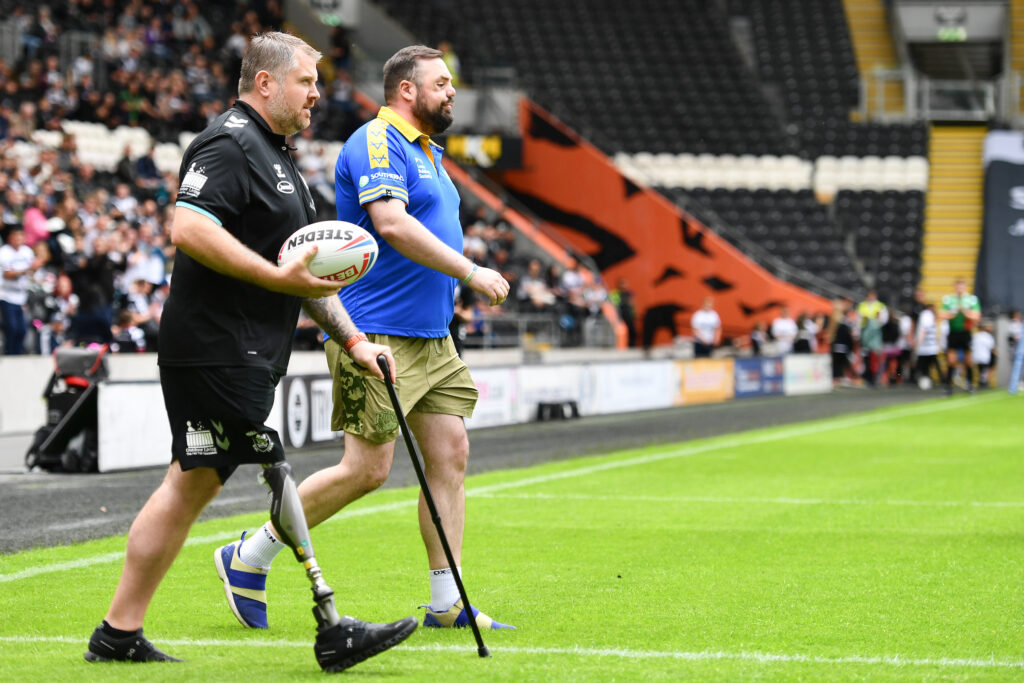
Collaboration is at the core of what we do. Nowhere has this been more evident than in the delivery this year of projects under the Veterans’ Mental Health and Wellbeing fund, where major projects which were awarded grants in the previous financial year have been delivering innovative and much needed work. Ten portfolio projects throughout the UK have been expanding the reach of support to Veterans and their families, offering safe places in their local area where they can access help and treatment that supports their mental health needs. They have ensured that the people supporting Veterans through these projects, both paid staff and volunteers, can access good quality training and are equipped to better connect veterans into appropriate pathways and wider support networks. There is evidence of strong collaboration among the portfolios, with a 20% growth in the numbers of organisations engaging in partnership activity and delivery.
The work achieved through the One Is Too Many grants that seek to reduce suicide risks in Veterans is continuing to deliver strong outcomes. We will publish the external evaluation in Autumn 2023 and it will provide recommendations to help improve health outcomes and reduce determinants of poor mental health for military Veterans.
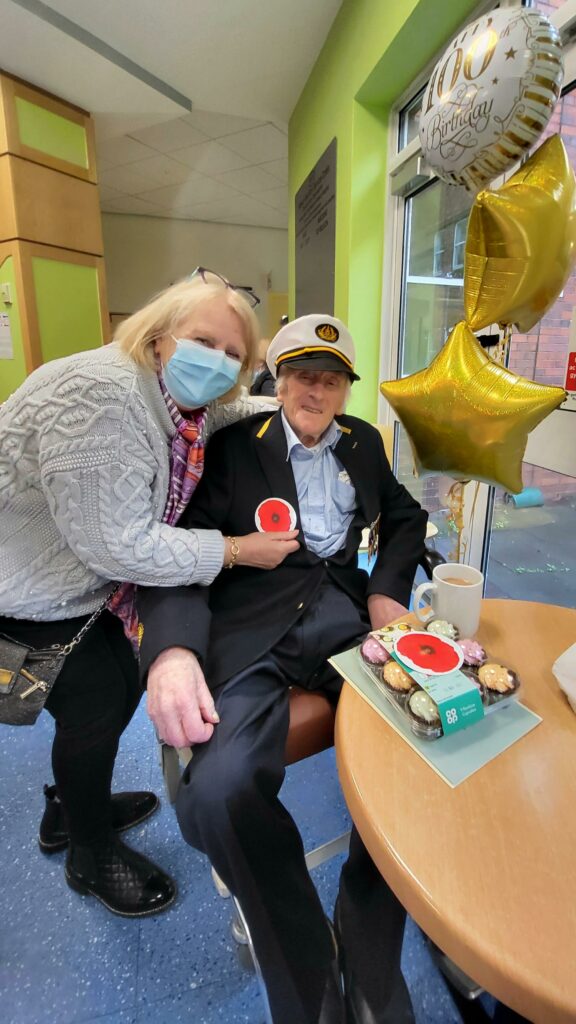
At the heart of our work is the Covenant Fund. With the twin challenges of emerging from the Covid pandemic and cost-of-living pressures impacting on Armed Forces communities, the Armed Forces Covenant Fund Trust engaged with the wider community to help shape our funding programmes for the year. We offered flexible small and medium grants to projects aiming to reach vulnerable Armed Forces communities and help to respond to cost of living challenges being faced within the Armed Forces charity sector and the communities they support.
Our Transformational Grants programme awarded 10 grants of around £300,000 each to address specific and pressing challenges within the Armed Forces community. Each of the projects supported targets specific groups within the Armed Forces community to deliver systemic change long-beyond the initial work funded under this programme. The funded projects were able to demonstrate the added value that joined up working will bring and how this will shape their work and the positive outcomes for their beneficiaries.
The projects supported in the Transformational programme varied widely, from reducing barriers faced by female veterans, to supporting veterans with addiction and mental health problems. Some projects targeted Service children and young people, seeking to improve educational outcomes, while others support and empower young carers within the Armed Forces community. We look forward to reporting on the progress of these ambitious and important projects.
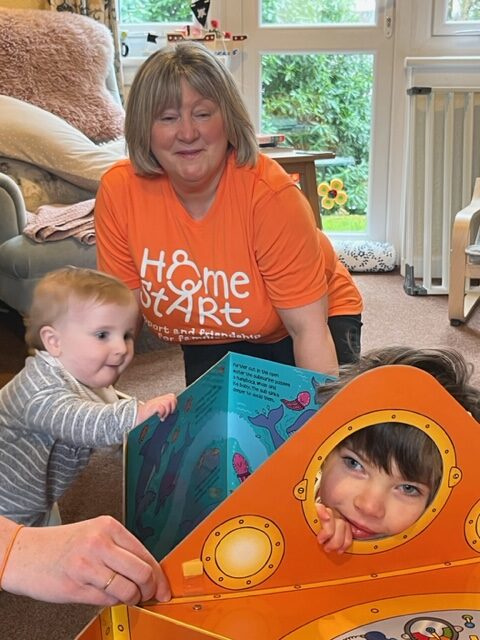
As we look to the year ahead, we will continue to deliver impact. We will keep learning from the grants we have awarded and will keep listening, with the launch of a major consultation in summer of 2023 to shape how we spend the Covenant Fund from 2024-2027.
I hope that you enjoy reading this report, and of course you can find much more about our projects and their evaluation on our website. Once again, a huge thank you to our Chief Executive, Anna Wright, our three Directors, Sonia, Carol and Liz, and the teams with which they lead who work tirelessly on our behalf to celebrate, nurture and support the lives in our Armed Forces community.
Watch a quick run through of 2022/23 in our short film…
The Armed Forces Covenant Fund Trust (the Trust) is a grant making organisation that funds projects that support the delivery of the Nation’s Covenant promise to our Armed Forces, their families, and Veterans.
Our Vision is a thriving Armed Forces community that is valued and supported within our society.
We are a charity and are classified as a Non-Departmental Public Body, or NDPB. We look after the Armed Forces Covenant Fund, worth £10 million each year; and we work with HM Government to run other funding programmes that have a positive impact on Armed Forces communities.
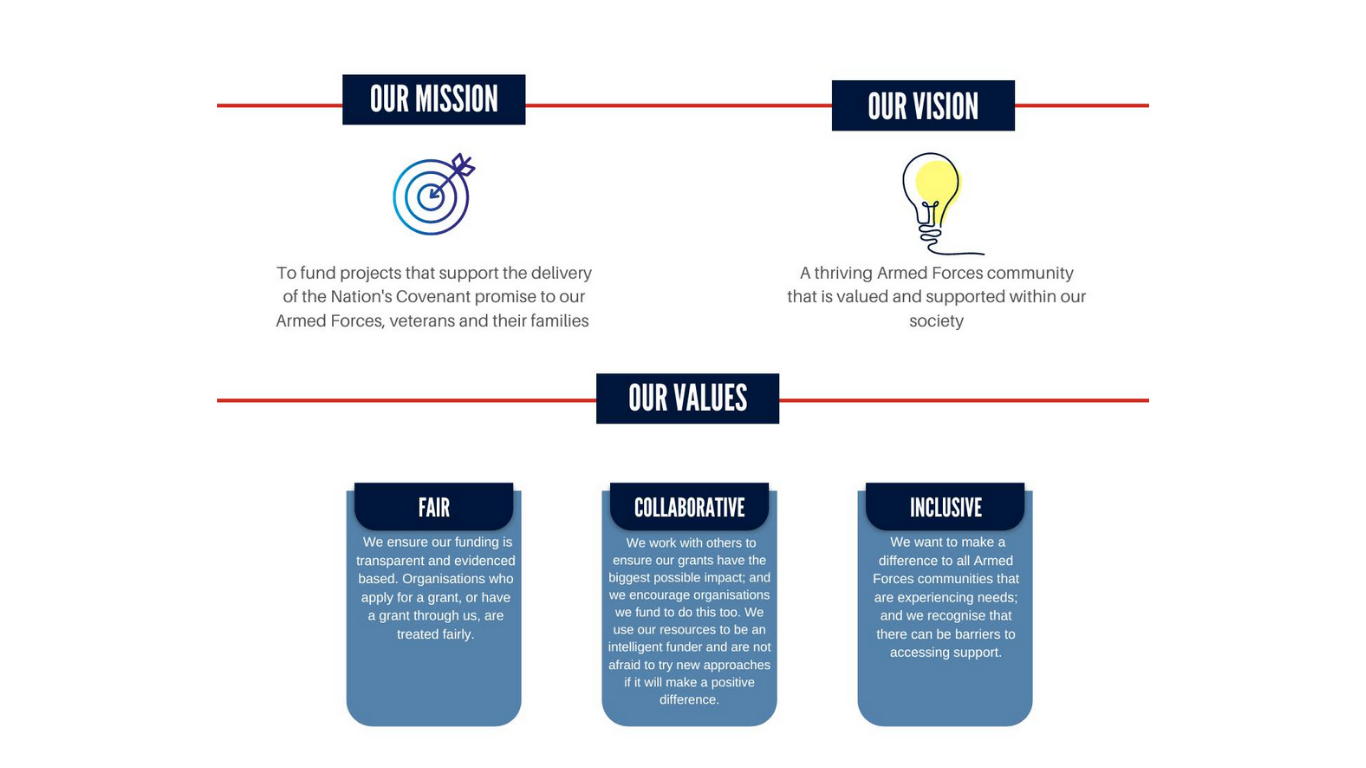
All our grants are awarded through specific funding programmes. Each programme has an aim, which describes the change or impact that we would like the funded projects to achieve. We develop our funding programmes based on evidence of challenges that people within the Armed Forces community face, and where we think that funding from us would be able to make a significant difference to the problem.
We offer support depending on the types of outcomes that we are trying to achieve through the programme. This might include access to our Impact Hub to help organisations gather better data on the impact that their work is having. We can also offer access to mentors, or support grant holders to engage with each other via digital platforms, to help them share ideas, solve problems and learn from each other’s work.
We make grants carefully and fairly, publishing open and transparent programme guidance, which sets out how we will assess the applications we receive and what we are looking for from a ‘good’ application. Applications are assessed by our experienced Grants Team using standardised forms and processes to ensure equity amongst our applicants and an inclusive grant making process.
We work with partners in Government and in the charity sector to develop our programmes. We collaborate with others to design grant making programmes that organisations can apply to; enabling them to run projects that bring solutions to significant challenges.
We care about the impact of the grants that we fund and ensure that the grants we make do give clear and sustained benefits to Armed Forces communities. We also share the learning from grants that we’ve made, particularly through our Knowledge Network, reporting and via open webinars.
Our Funders:
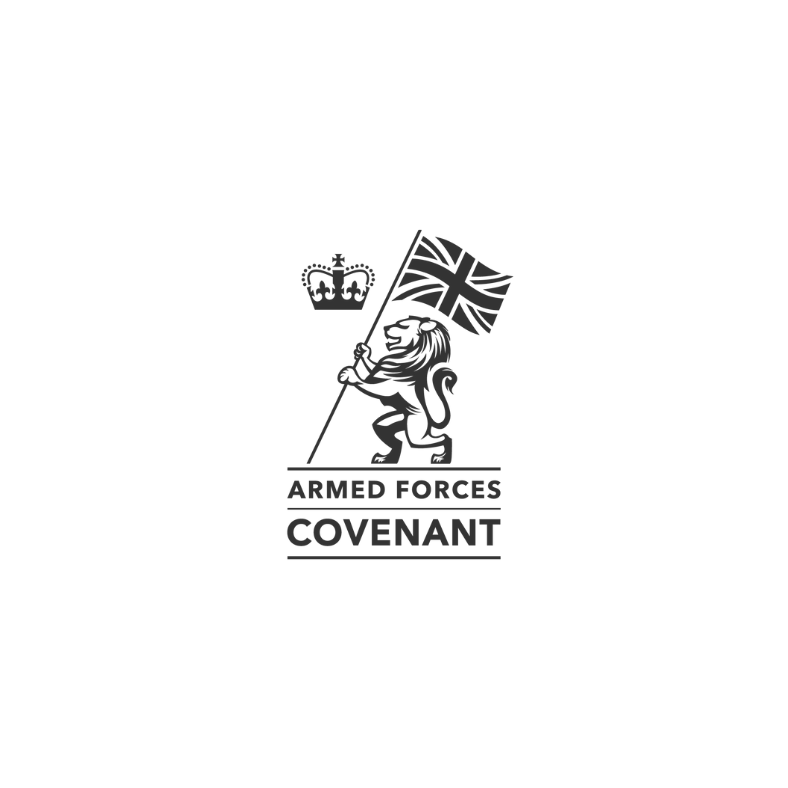
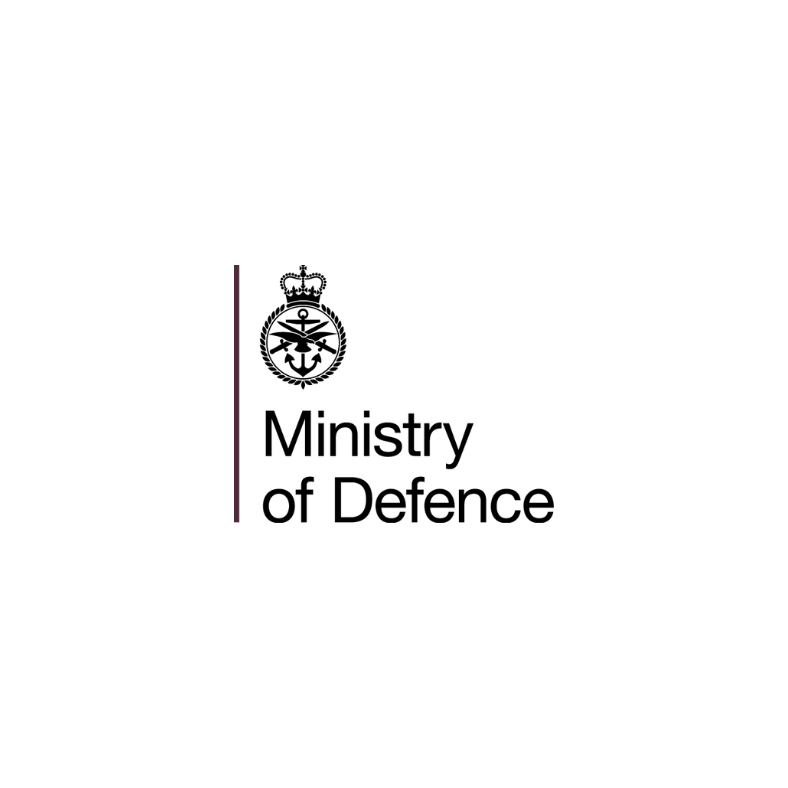
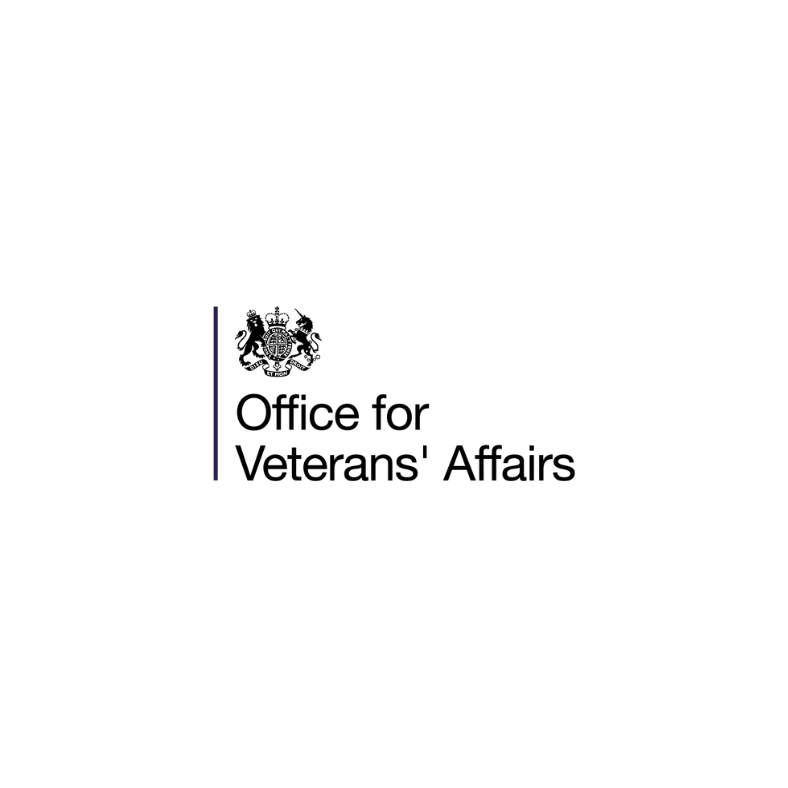
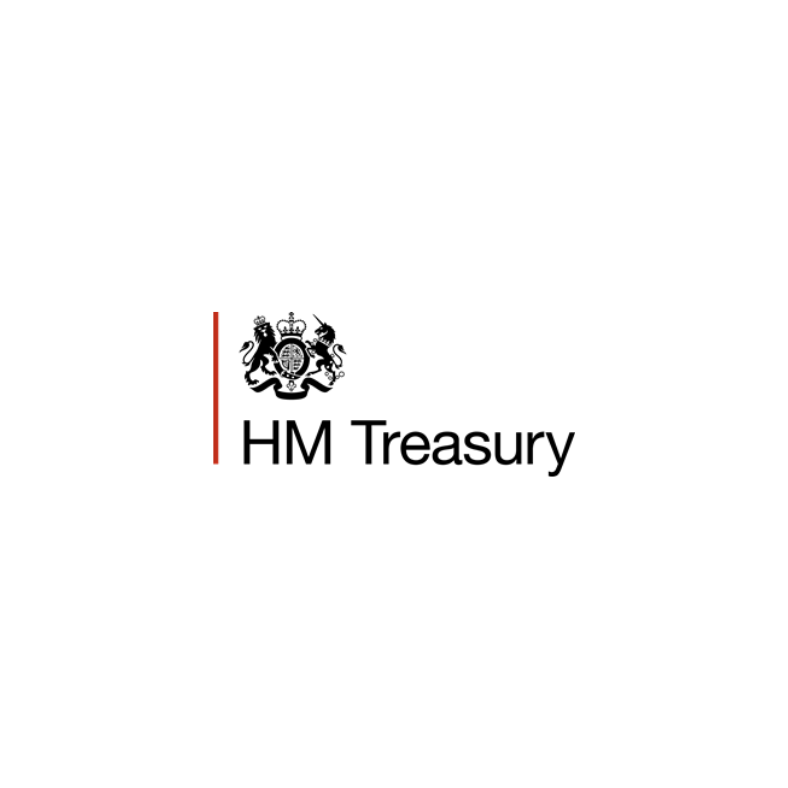
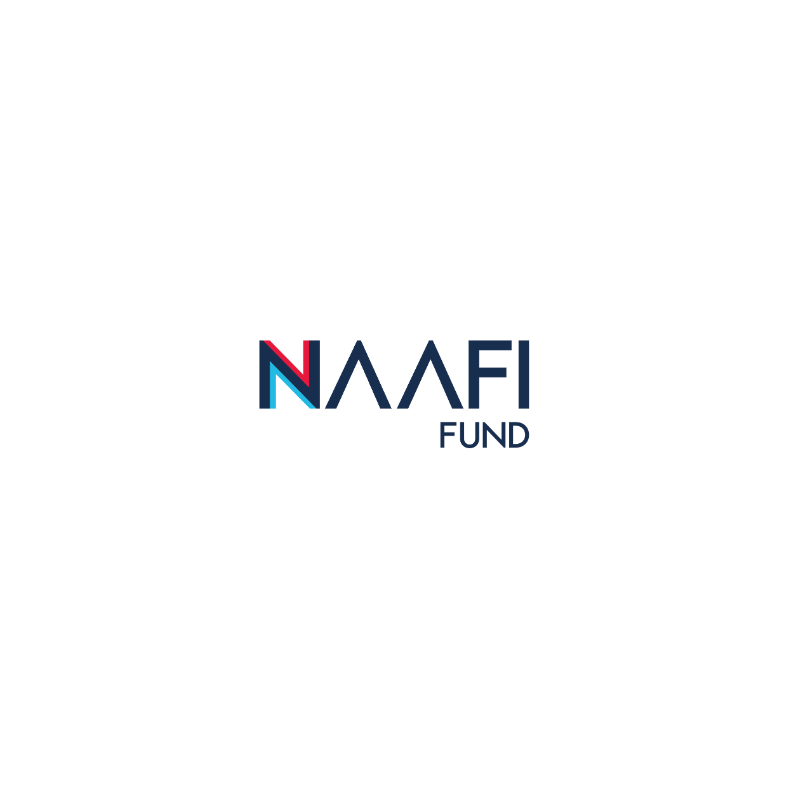
Click below to discover more about the projects we’ve supported thanks to each funder.
New funding awarded in 2022/23:
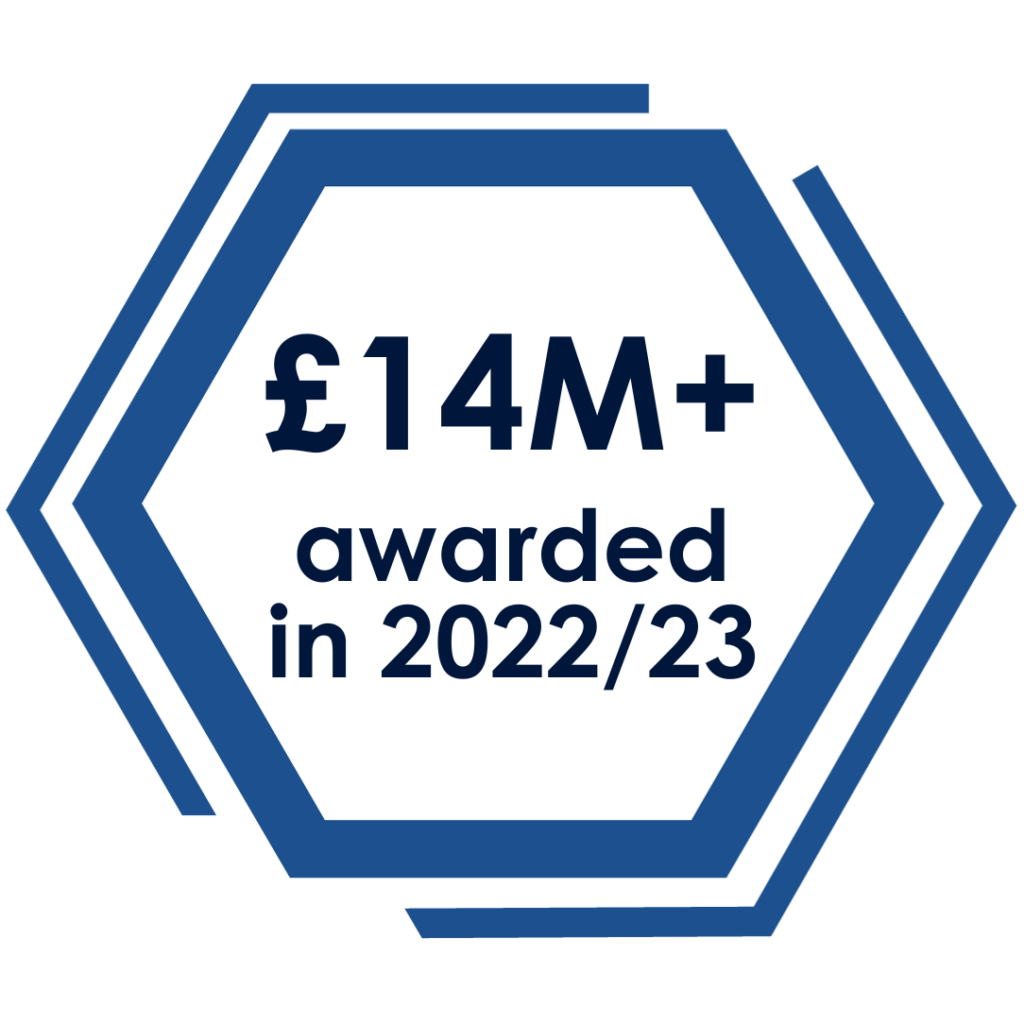
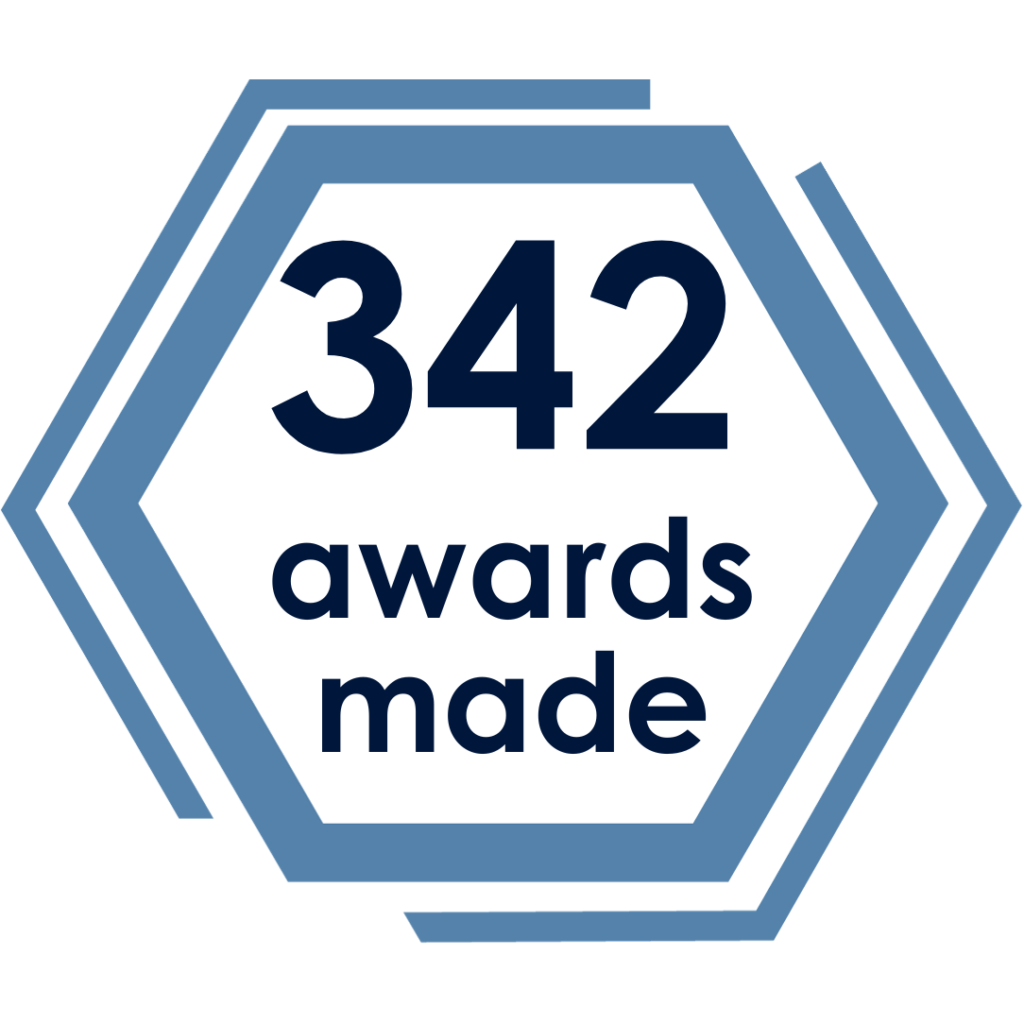
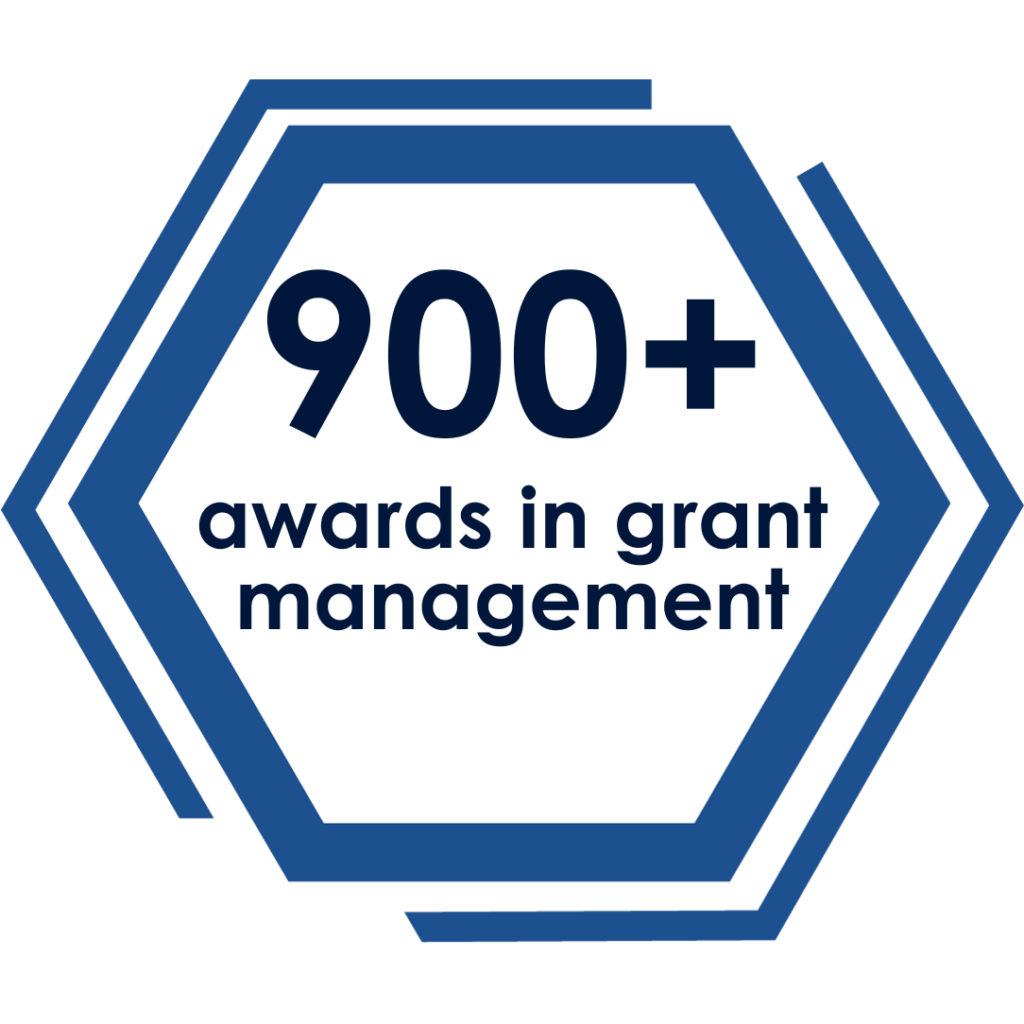
With the twin challenges of emerging from the Covid pandemic and cost-of- living pressures impacting on Armed Forces communities; the Armed Forces Covenant Fund Trust engaged with the wider community to help shape our funding programmes for the year.
In January 2022, we launched an online survey to gather views from the Forces community, relating to funding our programmes. We explored the themes of grant size, grant length, impact and sustainability. The findings from this consultation helped to shape our Reaching and Supporting Armed Forces Communities and Force for Change programmes, which launched in April 2022.
The survey resulted in the highest ever response to a survey or consultation run by the Trust, with 465 responses. Responses were evenly split between people taking part as individuals (49%) and organisations (51%). Veterans and local charities had strong representation in the data.
Our survey showed overall support for grants in all size categories, particularly for small and, at the other end of the scale, very large grants. There was a very slight preference overall for smaller grants to enable more awards to be made.
Our respondents showed the strongest support for grants over a two-year period, and distinct views that the Trust should not fund projects less than a year in length. We listened to this feedback and under our Reaching and Supporting Armed Forces Communities programme, we’ve made grants of up to three years. Under our Transformational Grants programme, we offered five-year grants.
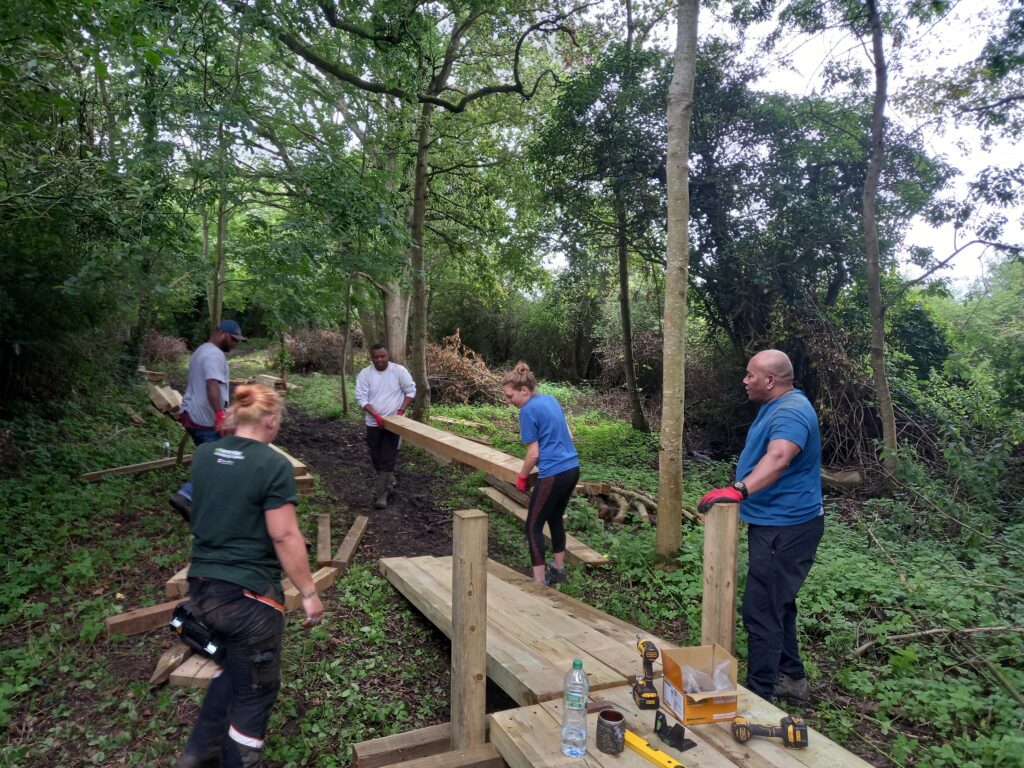
We undertook further consultation activity in May 2022, with a series of round table discussions to inform the development of our Transformational Grants programme. We launched this programme in July 2022.
These discussions highlighted that it was important for grants of up to five years to be offered; that projects should be highly specific; should work collaboratively across sectors; and that enabling projects to be transformational requires higher levels of resource.
Click on an image to jump to that programme…
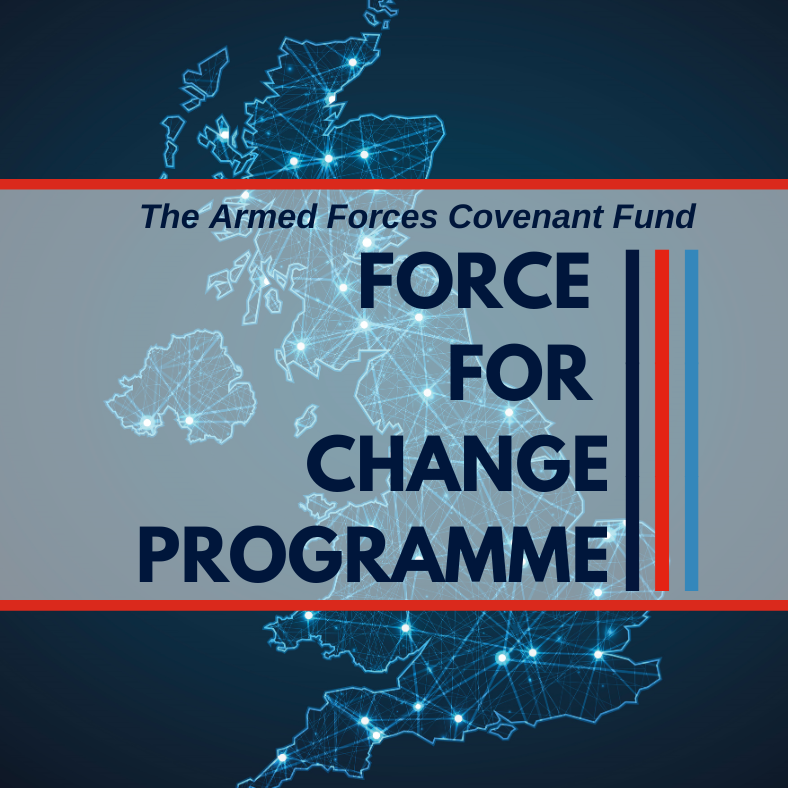

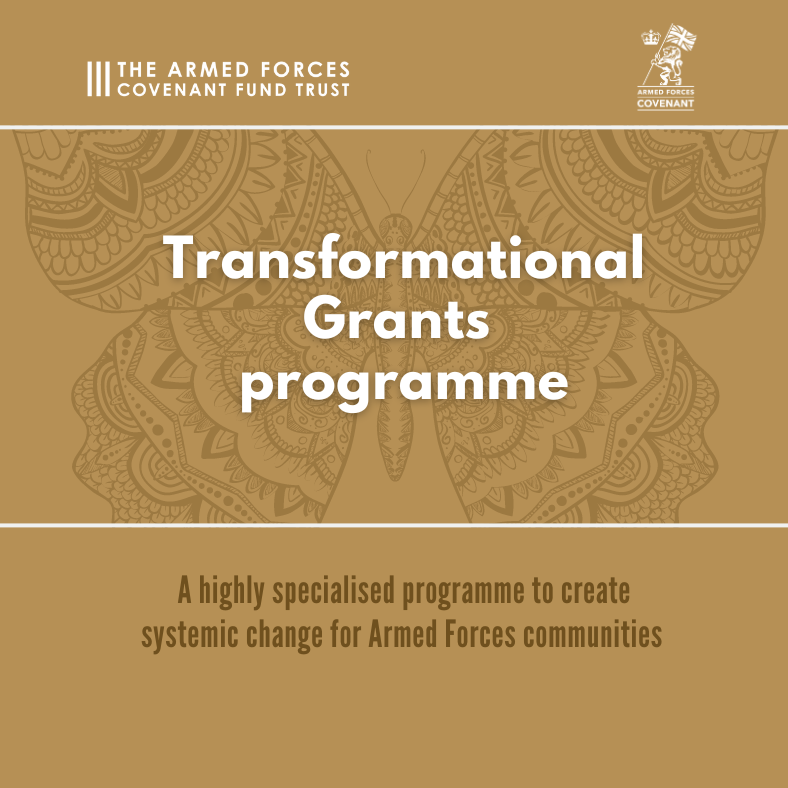
Under this programme we supported 101 projects with grants of up to £10,000 to support ideas that need small amounts of funding to deliver changes or improvements for Armed Forces communities. We awarded a total of £950,000.
We supported projects across the UK, ranging from gardening and woodworking projects, to sporting projects and community wellbeing projects; offering opportunities for members of the Armed Forces community to come together and connect with others.
A common theme we were keen to address through this funding was the continuing cost-of-living crisis. We’ve ensured that our funding programmes for next year will continue to address these challenges.
The Rhondda Hub for Veterans were awarded £10,000 in October 2022 under the Force for Change programme for their Housing as the Pathway Back project.
Read MoreUnder this programme, we awarded £6 million to 65 projects that address hidden or complex needs within Armed Forces communities, and where evidence has highlighted gaps in support and provision. Grants of up to £100,000 over a period of up to three years were made.
For exceptional projects, we made larger grants available, and we awarded an additional grant to two projects to help them achieve even more with their work.
Based at the Bulldogs Boxing & Community Development Centre Port Talbot, Bulldogs Veterans supports Veterans to integrate into civilian life by supporting them to make positive relationships within the community.
Read MoreThe Trust developed this programme to deliver systemic change, through long-term transformation, following consultation work we undertook with the Armed Forces charity sector.
This programme was heavily oversubscribed, and not all good ideas could be supported. We awarded 10 grants of up to five years in length, to address complex challenges and deliver sustainable change.
The Women’s Royal Army Corps Association were awarded £300,000 under the Transformational Grants programme, to deliver long-term systemic change for female Veterans by working collaboratively across the Armed Forces charity sector.
Read MoreThe Naval Children’s Charity were awarded £299,569 for their project Thriving through childhood and beyond through the Transformational Grants Programme.
Read More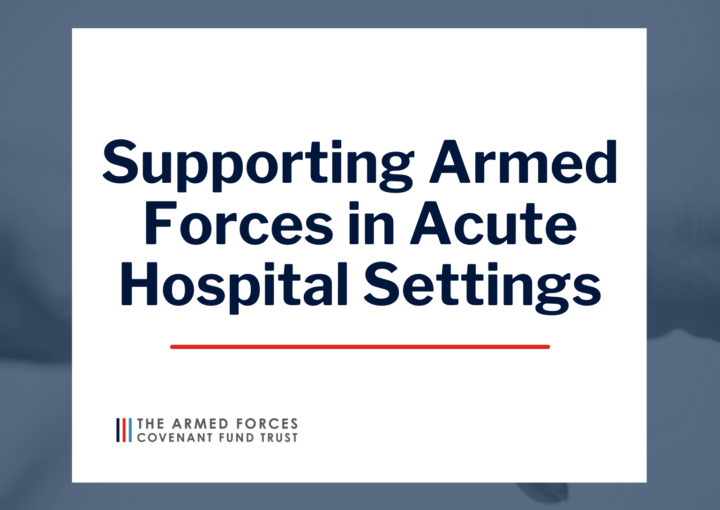
All you need to know about this programme.
Find out more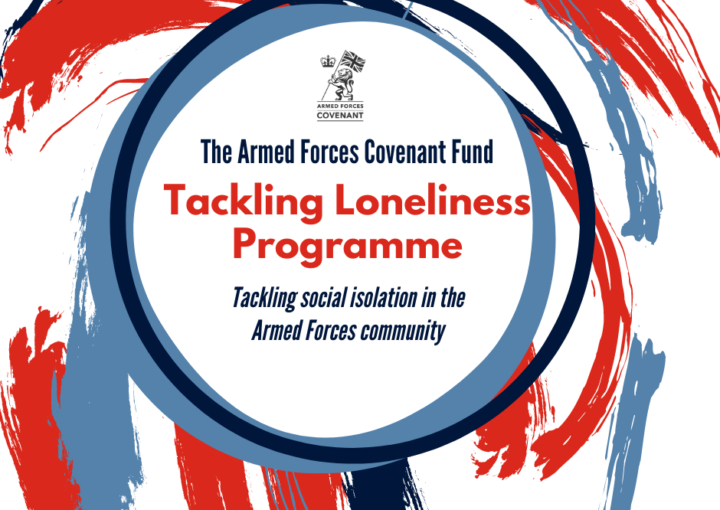
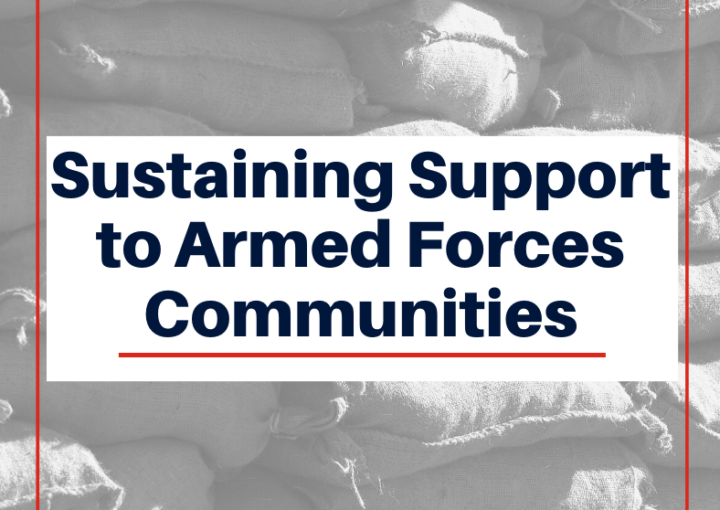
The Trust is delighted to be working with the MOD to deliver the Armed Forces Families Fund (AF3).
In January 2022, the MOD published the Armed Forces Families Strategy 2022-2032; its 10-year strategy for improving support to Armed Forces families. Following the launch of the strategy, the MOD created the AF3, a dedicated fund to deliver against the eight themes of the strategy:
MOD launched the Fund in September 2022 and amalgamated existing education-focused funds under one umbrella, broadening their scope in support of the delivery of the Strategy in its entirety, through the AF3 programmes.
The MOD partnered with the Trust to administer the MOD Education Support Fund (ESF) within the AF3 programme; along with two new programmes to support Armed Forces families. These were the Early Years programme for pre-school aged Service children; and specialist grants to support partners of Forces personnel.
In 2022/23, we awarded the following grants under the AF3.
White Rabbit Preschool in Carrick received £23,700 through the Early Years Programme in February 2023 for their project Achieving Really Magical Military Years, which aimed to create an imaginative outdoor space where Service children can thrive.
Read MoreOxfordshire County Council’s Learning & School Improvement Service seeks to increase Service pupils’ attainment, by the end of Key Stage 2, and to support the county’s schools in strengthening their provision for their Armed Forces children.
Read MoreIn Scotland, Kinloss Primary School (The Moray Council) will utilise an evidence base of research, experience and data, to embed previous learning and employ five pupil support workers to target the specific needs of Service children.
Read MoreThe Armed Forces Covenant Fund Trust worked with Royal NAAFI for the first three years of the
NAAFI Fund, establishing the grant programme and funding projects supporting our Armed Forces
personnel located across the globe.
Between March 2021 and August 2022, we made 250 awards worth more than £2.7 million.
The Trust has been delighted to help develop the NAAFI Fund, which from April 2023 will be delivered directly by our colleagues at Royal NAAFI.
This year the NAAFI Fund has awarded 80 grants to projects all over the world. These awards support the British Armed Forces and Armed Forces communities.
Grants this year have had a focus on being healthier and active. More than ever, there is an increased need for sociable outside spaces with projects wanting to create, refurbish and improve. The NAAFI Fund has met project requests for fun and enjoyable sporting equipment, such as mountain bikes and stand-up paddle boards. These will improve mental health through exercise and activity.
Over thirty of the eighty grants have been awarded to overseas projects.
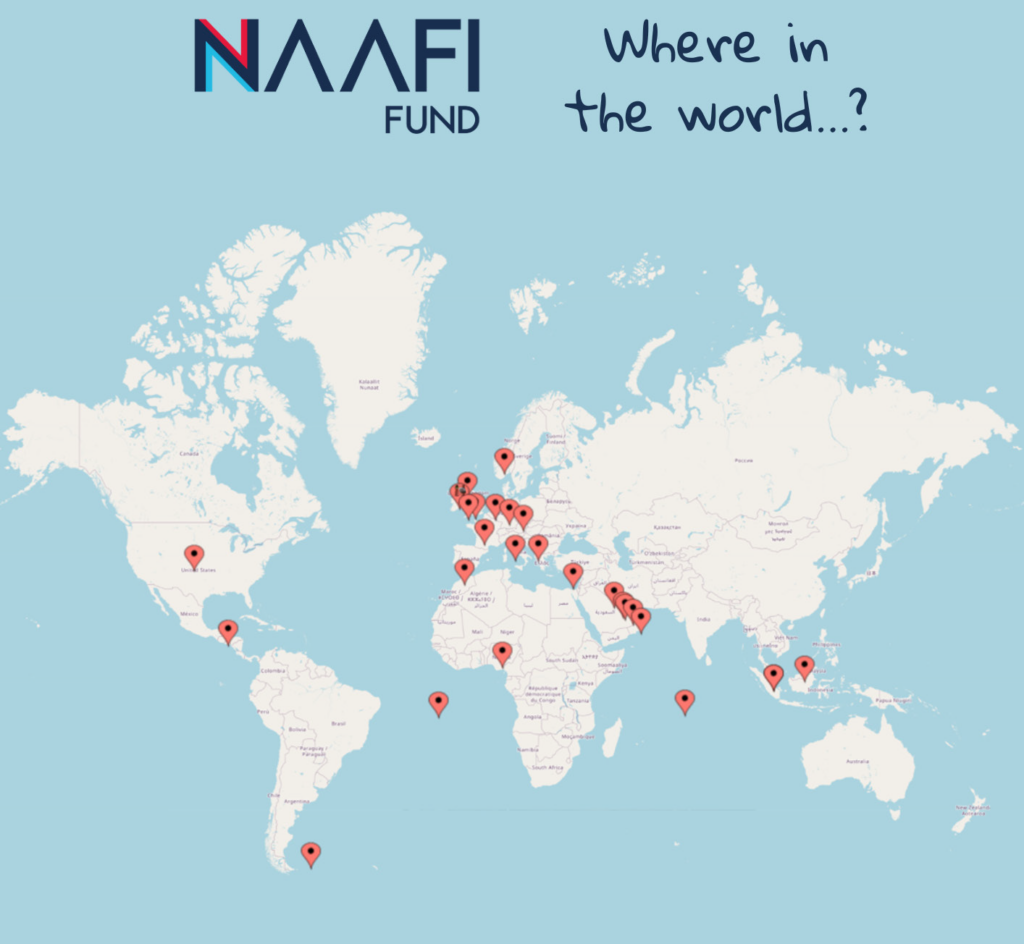
27 Regt RLC were awarded £9,000 from the NAAFI Fund to purchase bikes, wetsuits, triathlon team race suits and numerous smaller items for the benefit of all 751 soldiers and officers within the regiment.
Read MorePrince William of Gloucester Barracks Station, sought funding to provide a recreational area for their Service personnel and Armed Forces families.
Read MoreIn 2022/23, we have continued to deliver major projects under the Veterans’ Mental Health and Wellbeing Fund.
Our learning from running successful programmes to address the needs of older Veterans through collaborative partnership working; combined with our learning from programmes that support Veterans with mental health needs, lead to the innovative and collaborative Veterans’ Places, People and Pathways programme (VPPP).
The VPPP programme aims to give Veterans safe places in their local area where they can access help and treatment that supports their mental health needs.
It also aims to ensure that the people supporting veterans through these projects, both paid staff and volunteers, can access good quality training and are equipped to better connect Veterans into appropriate pathways and wider support networks.
Ten portfolio projects throughout the UK received a share of almost £8 million, with around 88 individual funded organisations and projects delivering work within those portfolios to achieve the programme aims – many of whom are working across multiple regions.
We also awarded grants totalling £1 million to four Strategic Lead organisations, which work with a cross-sector oversight group.
Each member organisation within the portfolios brings their own expertise and specialisms, with some organisations being involved in several portfolios. This further enhances the joined-up approach that is at the heart of the programme and what it seeks to achieve.
The projects within these portfolios will contribute to the development of a world class network of places and pathways, supporting Veterans in their mental health and wellbeing needs.
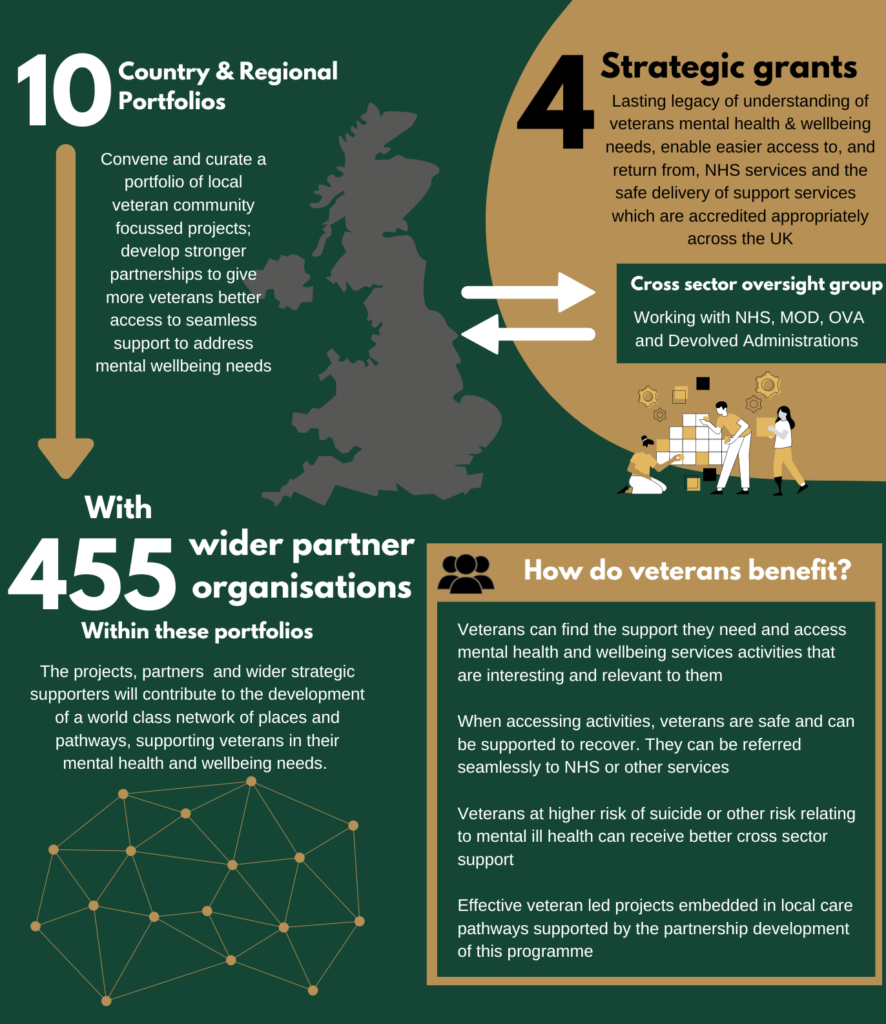
As part of the Northern Ireland Veterans’ Places, Pathways and People Programme, the Northern Ireland Veterans’ Support Office manages the delivery of a comprehensive veteran support programme across the region.
Read MoreVPPP Wales share a case study which demonstrates the impact of the work they have doing as part of their portfolio.
Read MoreClick below to find out more about the VPPP programme
In 2021, the Trust awarded £2.1 million under the One is Too Many programme, to projects providing specialist and co-ordinated services that reduce suicide risk in Veterans. We awarded two additional grants this year to help reduce suicide risks for Veterans in Scotland.
In all, we have made nine awards of up to £300,000 to organisations across the UK who have experience in working with individuals who are at an increased risk of suicide.
The approaches taken by the organisations all differ. Some are undertaking a partnership approach with another specialist organisation that has experience in suicide prevention.
The One Is Too Many programme external evaluation, delivered by the University of Chester, will provide insights into social isolation and help-seeking behaviour and provide indicators of the situational factors causing distress and potential self-harm/suicide. The evaluation intends to provide recommendations to help improve health outcomes and reduce determinants of poor health for military Veterans. The results of the evaluation may help inform recommendations for policy changes and practice in health, local authorities, the MOD and charities. It is due to be published in 2023. The Trust held a webinar exploring the reach and impact of the projects, which drew our highest ever webinar audience with 300 participants.
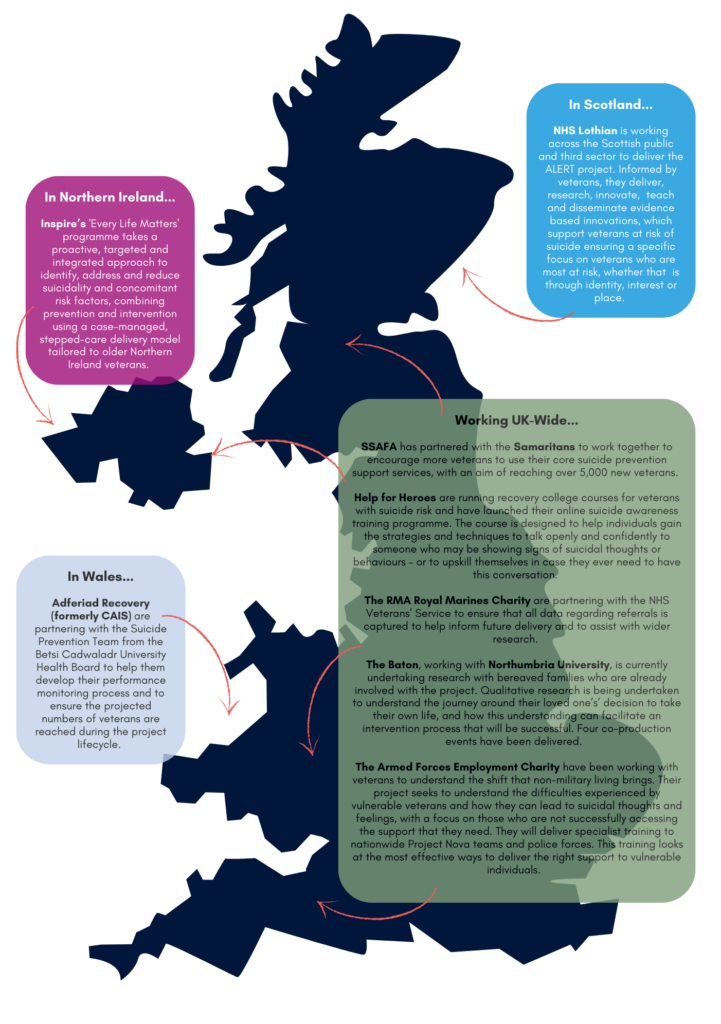
Funded through the One is Too Many programme, The Royal Marines Association’s (RMA) project Lifting the Lid – Suicide Prevention Pathways has created improved access to support for both vulnerable Veterans and their families.
Read MoreThis year, the Trust has continued to manage the 51 grants awarded in 2021/22 under the Afghanistan Veterans’ Fund.
The Afghanistan Veterans’ Fund sought to increase capacity in services and initiatives that offer supportive comradeship, engagement and wellbeing efforts for those in the Armed Forces community impacted by events in Afghanistan, and the wider Veterans’ community.
The Office for Veterans’ Affairs asked the Trust to run programmes that would award grants to improve wellbeing, resilience and promote good mental health, responding to increased needs in Veterans who have served in Afghanistan and other recent conflicts and the wider Veterans community.
“We are forever grateful to those who served in Afghanistan and members of the Afghan community who worked with them. Their courage and commitment to this country will never be forgotten.
Minister for Defence People and Veterans Leo Docherty
“This targeted funding for charities across the country will ensure that, regardless of location, those who have served and their families can access services easily.”
The Afghanistan Veterans’ Fund also awarded grants to eight Armed Forces charities to enable them to increase their capacity to meet the additional needs in terms of both increased ask for help, and the increased complexity of those already receiving support in a timely manner. These organisations evidenced collaboration and membership within the contact group, who are working alongside the Royal College of Psychiatrists to develop the first sector-specific quality network and accreditation programme for military mental healthcare providers; thus, ensuring clinical governance and risk management structures are in place with appropriate governance oversite.
Grant holders are reporting that they are reaching a significant number of Veterans and their families and carers. Quantitative and qualitative data is being collected from beneficiaries and indicates an increase in wellbeing and mental health, with projects looking towards sustainability and increased resilience.
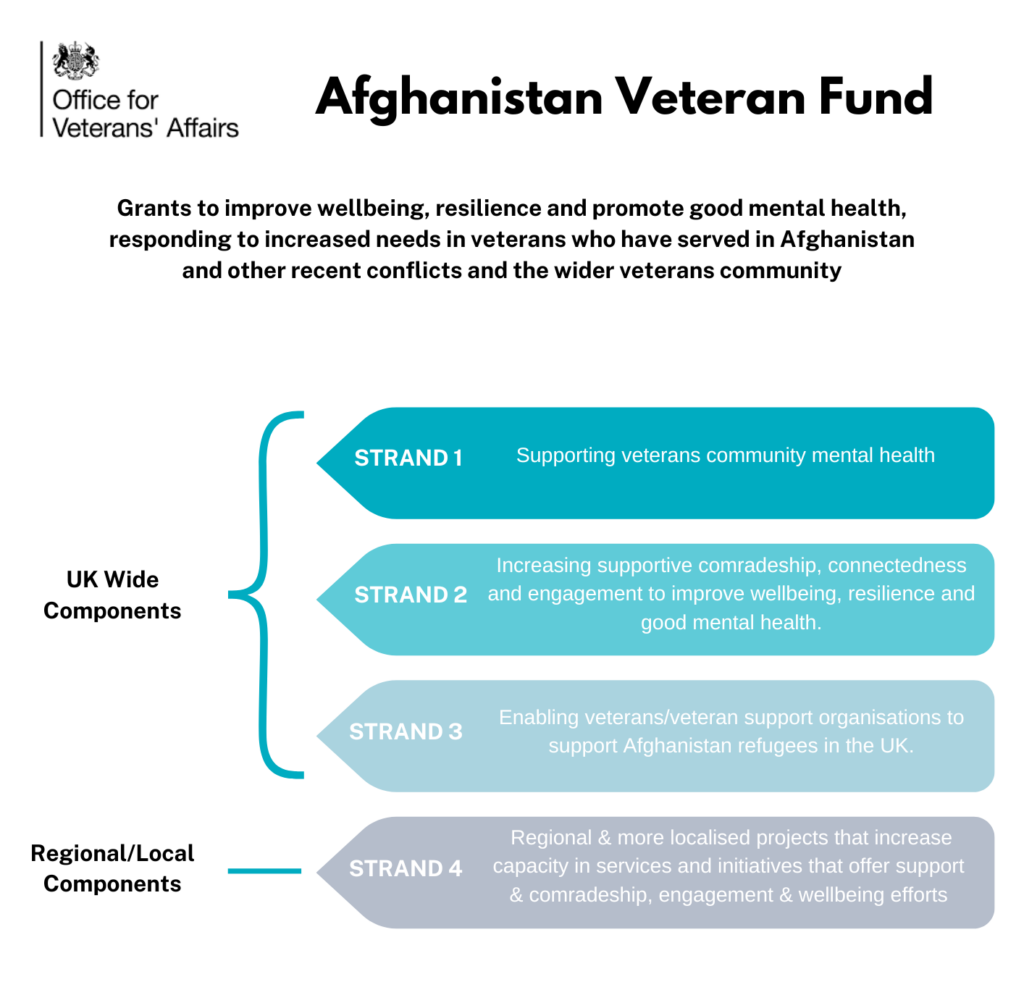
King’s Centre for Military Health Research (KCMHR at King’s College London) and Imperial War Museums (IWM) were awarded £280,731 in 2022 to interview approximately 100 UK Armed Forces personnel and family members who deployed to Afghanistan during the 2001-2021 conflict and the subsequent withdrawal, to record and recognise their experiences, increase public awareness of their Service and make recommendations for support needs.
Read MoreVeterans’ Outreach Support were awarded £100,000 to enable them to meet the increased demand for, and complexity of, mental health support for veterans and families.
Read MoreThe Trust is committed to evaluating its programmes in a consistent manner to ensure that the funding we distribute provides maximum benefit for project beneficiaries, but at the same time provides demonstrable value for money for the public purse.
In this way, we were keen to invest in a GDPR-compliant impact and evaluation measuring tool that was simple to use and could be used across its programmes to provide comparable data to demonstrate the impact of our funding programmes.
Originally developed in conjunction with Anglia Ruskin University via a grant award, and now owned and developed by the Trust, the Impact Hub (formerly known as the Outcomes Measurement Framework or OMF), is a browser-based portal that provides data directly from beneficiaries. Its simplicity means that it can be used on any device that can connect to the internet, including tablets and smartphones. Grant holders register beneficiaries (with verbal consent), and beneficiaries are then sent a link to complete registration (which includes full consent as required by UK GDPR). Grant holders can also register beneficiaries manually if they do not wish to, or do not have confidence in using IT (this has been particularly relevant for older beneficiaries).
When a person accessing a project uses the Impact Hub, they first complete a registration which includes demographic questions including details of military Service. Once registered, the system asks the beneficiary to complete a short wellbeing survey. The Trust uses the ONS4 as its primary survey set, which comprises of four questions about how a person is feeling at that moment in time. The survey is asked at the beginning and at the end of the beneficiary’s interaction with the project, and the change in score is used to calculate the impact the project has had on the beneficiary’s life. The ONS4 is used widely by the research community and its datasets are comparable with others, so the aggregated anonymous data that we will gather over time may also be valuable to academics, researchers and other interested stakeholders.
The first of our programmes to use The Impact Hub as part of its terms and conditions of grant was the Positive Pathways programme. Working with the Strategic Partners, we collected impact data from 231 different projects, working with over 7,000 individual beneficiaries. Below are headline figures taken directly from the Hub on 31 March 2023.

The Positive Pathways programme utilised the Veterans Wellbeing Index, an interlinked series of four surveys which measured Veterans’ wellbeing in four areas:
Many grant holders told us that this survey set enabled them to look at a Veterans’ life holistically, and maybe signpost to different areas of support as a result.
AA Veterans’ Support were awarded £70,000 under the Positive Pathways programme for their Northern Ireland Veterans’ Sports and Outdoors Navigation (NIVSO) project.
Read MoreThe Trusts’ Tackling Loneliness programme also used The Impact Hub as a mandatory part of its impact and evaluation gathering activities. Utilising the UCLA Loneliness Scale (on the recommendation of the programmes’ external evaluation team), we were particularly interested in the effects that these unique projects had in relieving loneliness in the most isolated and hard to reach individuals.

The project reached 1,300 beneficiaries over 60 projects, and below are headline figures taken directly from the Hub on 31 March 2023.
Current statistics show the Impact Hub is very much ‘work in progress’ in collecting valuable impact data from our beneficiaries.
We continue to work with grant holders to provide tailored training and support, either via our online training on our website, or via direct support from the Trust team on a group or 1:1 basis.

You can read more about our Impact Hub using the button below.
During the year, the Trust has published two key evaluation publications. Our evaluations are published with the aim of highlighting our programmes’ long-term impact on Armed Forces communities, leading us towards our vision of a thriving Armed Forces community that is valued and supported within our society.
Throughout the year, the Trust has continued to grow and develop. As part of this work, we have developed a new Mission, Vision and Values to guide us. They are being integrated into all areas of the Trust’s work.
The Trust continues to be an ethical grant maker – encouraging our grant holders to align their work with our ethical Code of Conduct. To behave ethically, we need to consider what is the ‘right’ way to behave towards others – how we can do no harm, and how we can achieve good outcomes through the work we support.
There are two broad and overlapping ethical principles which govern our work: ‘Do Good’ and ‘Do No Harm’.
The Trust also undertook its first ever culture audit, with the key finding that, overall, the experience of working for the Trust is positive, it is easy to get work done, and people enjoy the work they do for the Trust and the Armed Forces community; there is a sense of fulfilment in working for the Trust.
We have received high levels of applications to our funding programmes this year; and have noticed particular themes relating to cost-of-living challenges being raised by applicants and grant holders. Our Covenant Fund programmes for 2023/24 will repeat the popular and oversubscribed Force for Change, Reaching and Supporting Armed Forces Communities and Transformational Grants programmes, ensuring funding is accessible and available for those who need it in our ever-changing economic climate and the current cost-of living challenges.
Our Force for Change programme will now offer grants up to £15,000 for one-year projects. This is in recognition of the increased cost of living, and we will focus funding on vulnerable Armed Forces communities that are being most impacted.
In 2023/24 we will also undertake a consultation to shape the delivery of the Covenant Fund from 2024 to 2027. This will be a wide-ranging consultation and represents a move from Annual Priority setting to a three-year strategic delivery plan; giving more certainty to our stakeholders about the funding programmes on offer and ensuring that we can deliver high impact across our work.
The Trust has run small grants programmes since its inception, making grants of £20,000 or less to a wide range of organisations supporting the Armed Forces community. We originally made small grants through the Local Grants programme, then through Forces Communities Together, and most recently through the Force for Change programme.
In early 2022, we opened the first of three new rounds of Force for Change, with subsequent rounds later in 2022.
We made grants of up to £10,000 over one year for community projects that reduce social isolation and promote integration, supporting post-Covid recovery in local Armed Forces communities. Through these latest rounds of funding, we’ve made 100 grants to the value of just over £950,500.
By early 2023, the Trust has awarded over 1,100 small grants totalling more than £17.5 million.
Through monitoring and evaluation, we recognise and have shown that small grants are important to a wide range of organisations supporting a wide variety of beneficiaries, in the Armed Forces community and beyond. To learn and understand more about the role and impact of small grants and small grants programmes in the wider voluntary and community sector, and more specifically in the context of supporting the Armed Forces community, we sought independent evidence to further inform policy and practice.
Following an open tender process, in July 2022 the Trust commissioned the Directory of Social Change (DSC) to conduct an in-depth investigation into small grants and small grants programmes.
The aims and objectives of this research include revealing the breadth and depth of the small grants landscape in the UK, learning from other grant makers’ best practice, insights and recommendations, and comparing and contrasting the Trust’s practices and small grants programmes to enable the Trust to continue to strive for excellence in supporting the Armed Forces
community in the UK and abroad.
The subsequent report, Small Grants, Big Changes: An Overview and Analysis, sets out a number of key findings and recommendations which provide insight and evidence to further inform our practices, and which are also made available to the wider sector on our Knowledge Network.
